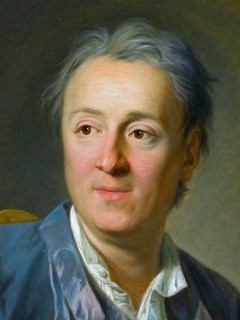

Literature, reflection and the theory of knowledge
pp. 153-158
in: Bo Göranzon, Magnus Florin (eds), Dialogue and technology, Berlin, Springer, 1991Abstract
Both humanists and scientists may think it absurd to suggest that literature can play a role in epistemology. But this is because literature has been consigned to a nebulous, non-cognitive realm of values, leading in the "fact"-worshipping twentieth century to the trivialization of studies which should illuminate the character of human life. The manifold nature of experience can only be captured significantly in narrative form, and by reflection, a mode of knowledge that involves epistemological pluralism. Literature has this ability and, through its capacity for concrete portrayal, it can also move us. Janik gives four examples: Aeschylus' Orestia, Shakespeare's King Lear, Diderot's Ramean's Nephew and the poetry of G. Trakl. His statement is: without literary reflection, the essential problematic character of human experience can only be superficially explored.



